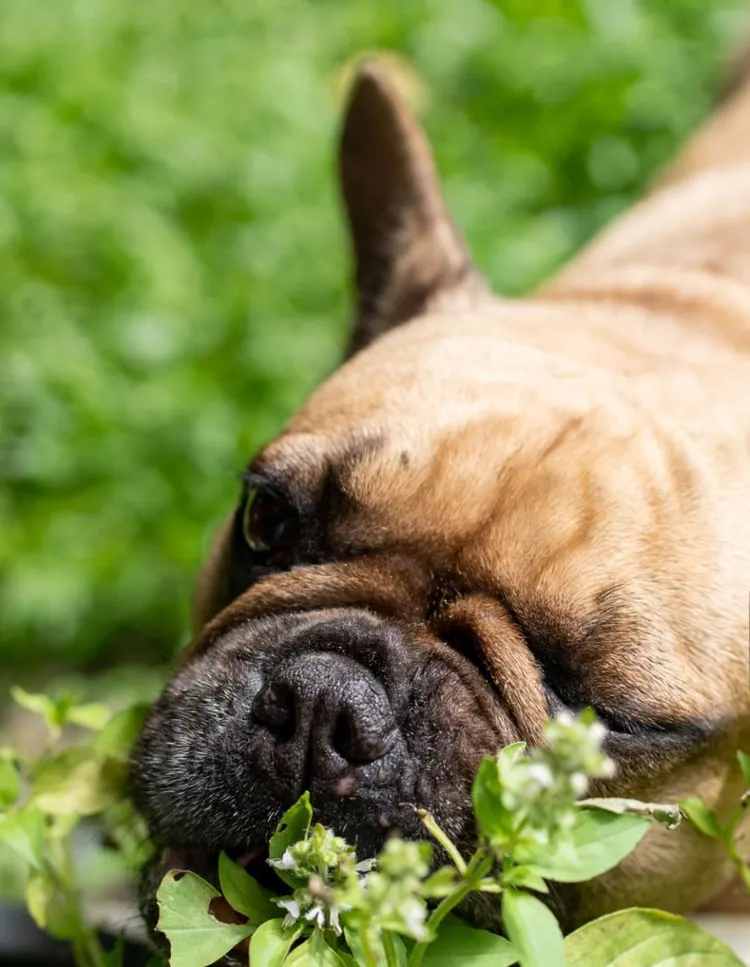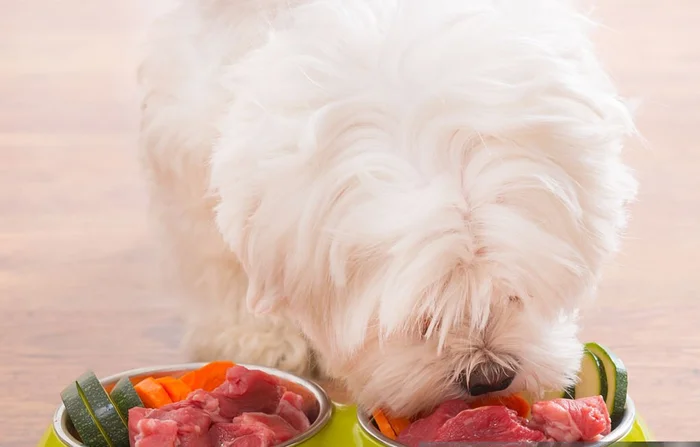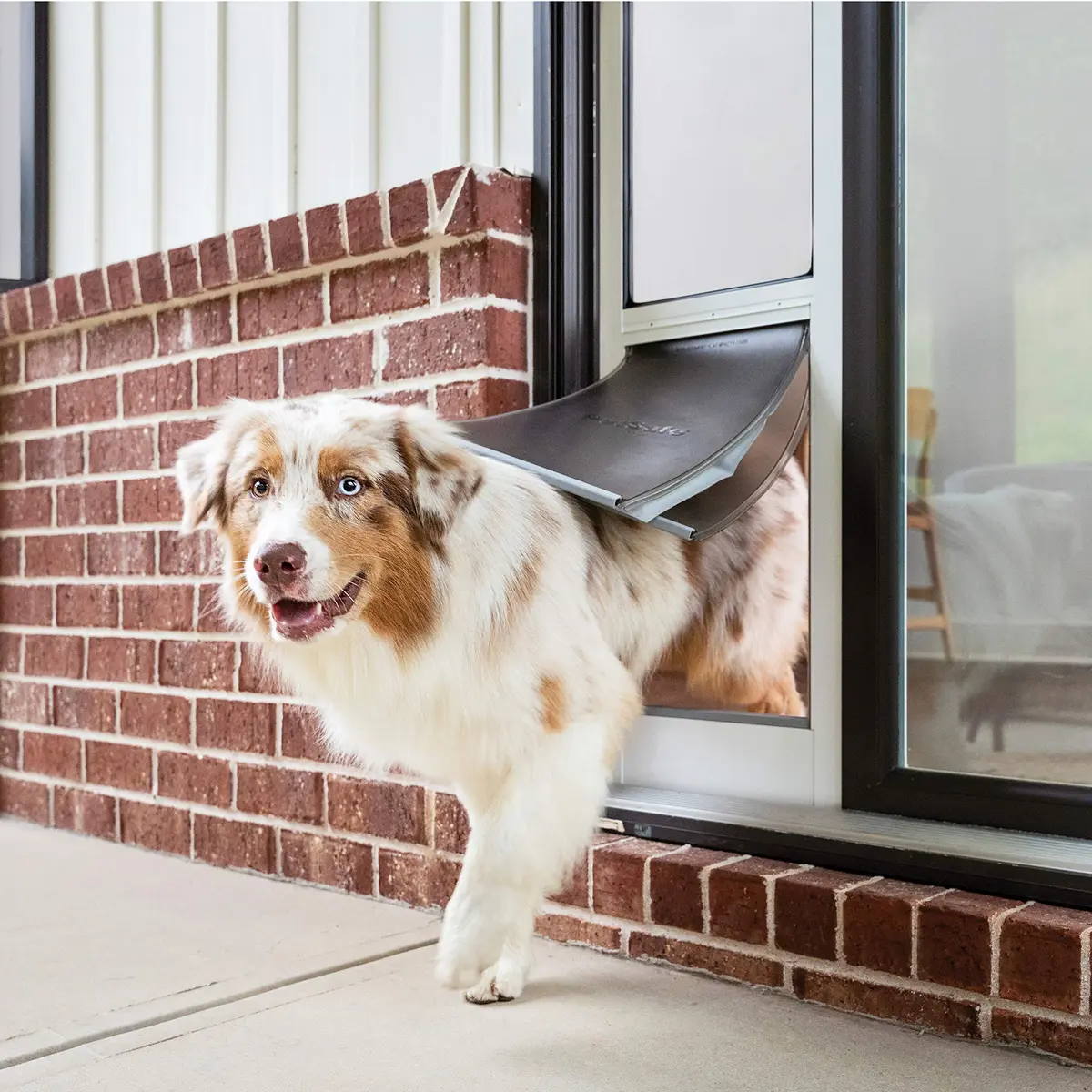Ever found your dog sniffing around your herb garden? If they seem curious about your basil plants, you might wonder: Can dogs safely enjoy this fragrant herb too? While we love using basil in dishes for its delicious flavor and health benefits, it’s important to understand whether our four-legged friends can also benefit from its consumption. Let’s explore everything you need to know about basil for dogs—from its safety and health benefits to how you can introduce it into your pet’s diet in an eco-friendly way.
Is Basil Safe for Dogs?
The short answer is yes, basil is generally safe for dogs to consume in moderation. Basil (Ocimum basilicum) is a fragrant herb commonly used in cooking, and unlike some plants and herbs that can be toxic to dogs, basil is non-toxic according to the ASPCA (American Society for the Prevention of Cruelty to Animals). However, like most things, moderation is key.
Moderation Is Key
While basil is safe for dogs, overconsumption can lead to digestive upset, such as vomiting or diarrhea. Just because basil is beneficial in small amounts doesn’t mean your dog should consume it in large quantities. As with any new food, it’s important to introduce basil slowly into your dog’s diet and monitor for any potential adverse reactions.
Benefits of Basil for Dogs
Basil isn’t just a tasty herb for humans; it can also provide several health benefits for dogs when given in moderation. Here are some ways basil can support your dog’s health:
1. Anti-Inflammatory Properties
Basil contains compounds such as eugenol, which have anti-inflammatory properties. This can be especially helpful for dogs suffering from joint pain or arthritis. Including small amounts of basil in their diet may help reduce inflammation, offering relief for older dogs or those with mobility issues.
2. Rich in Antioxidants
Basil is packed with antioxidants, which help protect the body from harmful free radicals. Free radicals can contribute to cellular damage and increase the risk of chronic diseases in dogs. Antioxidants help support your dog’s immune system, making them more resilient to illnesses and contributing to long-term health.
3. Stress Relief
Basil is also known for its ability to reduce stress and anxiety, thanks to compounds like linalool. Some dogs experience anxiety due to separation, loud noises, or unfamiliar situations, and adding a small amount of basil to their diet may help promote a sense of calm. While it’s not a replacement for other anxiety treatments, basil can be a complementary natural remedy.
4. Digestive Health
For dogs with mild digestive issues, basil can help soothe an upset stomach. Its anti-inflammatory and antimicrobial properties may aid in digestion, helping relieve gas, bloating, or mild gastrointestinal discomfort.
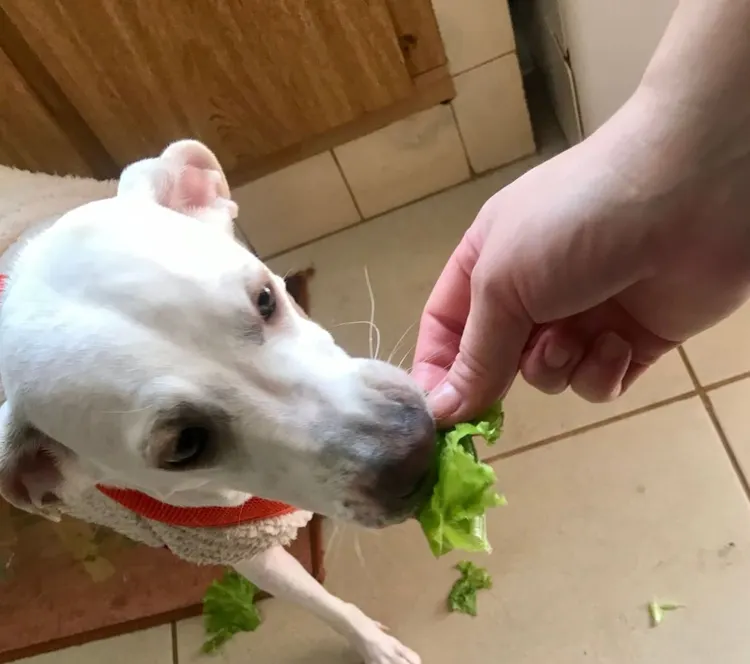
How to Introduce Basil Safely
When introducing any new food to your dog’s diet, it’s important to do so gradually. Here are some safe ways to incorporate basil into your dog’s meals:
1. Start Small
Start by introducing basil in small quantities. Sprinkle a tiny amount of fresh or dried basil over your dog’s regular food and observe for any adverse reactions, such as vomiting, diarrhea, or changes in behavior. If your dog tolerates the basil well, you can slowly increase the amount, but always in moderation.
2. Incorporate into Meals
A simple way to add basil to your dog’s diet is by mixing it into their meals. You can use fresh basil leaves, dried basil, or even basil-infused treats. For instance, sprinkle finely chopped fresh basil on top of their kibble or mix it into their wet food.
3. Basil-Infused Dog Treats
You can also create homemade basil-infused dog treats. These treats are not only fun to make but allow you to control the ingredients, ensuring your dog gets only the healthiest options. Try mixing basil into a batter of dog-friendly ingredients such as oats, pumpkin puree, and eggs. Once baked, you’ll have nutritious and flavorful snacks for your pet.
4. Avoid Pesticides
If you’re using basil from your garden, be sure it’s organic and free from harmful pesticides. Dogs are more sensitive to chemicals than humans, and exposure to chemical-based herbs could lead to toxicity. Opt for organic or homegrown basil to ensure your dog is not exposed to any harmful substances.
When to Avoid Giving Basil
While basil is safe for most dogs, there are some scenarios in which you might want to avoid giving it to your pet:
1. Dogs with Allergies
Although rare, some dogs may have an allergic reaction to basil. If your dog shows signs of an allergy after eating basil—such as excessive itching, swelling, or difficulty breathing—stop feeding them the herb immediately and contact your vet.
2. Dogs with Chronic Digestive Conditions
If your dog has a history of digestive issues, such as irritable bowel syndrome (IBS) or chronic gastrointestinal conditions, consult your vet before adding basil to their diet. While basil can soothe mild digestive discomfort, it may exacerbate underlying conditions in sensitive dogs.
3. Signs of Adverse Reactions
Be on the lookout for any signs of adverse reactions to basil, which may include vomiting, diarrhea, drooling, or lethargy. These signs could indicate that your dog’s system isn’t processing the herb well.
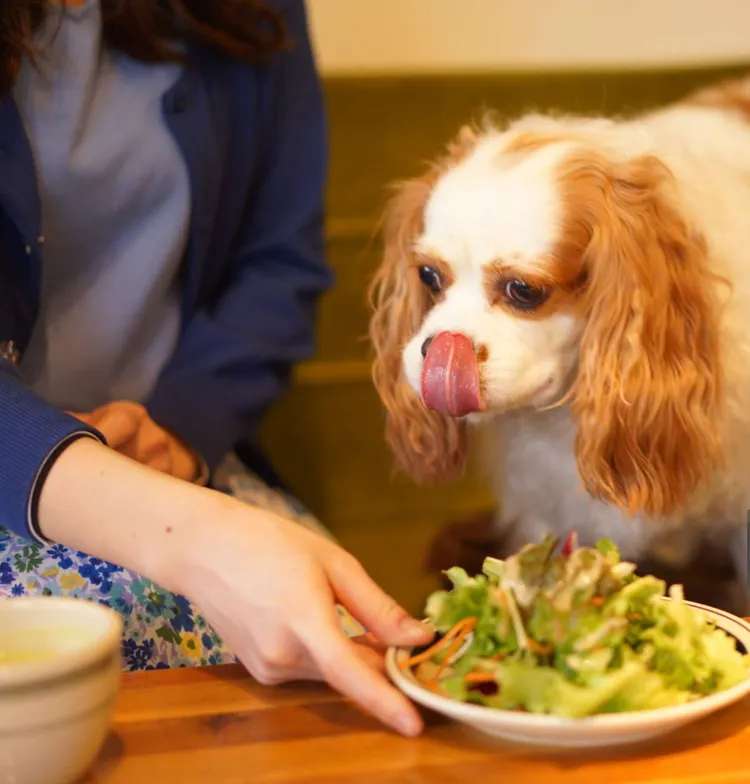
Eco-Friendly Basil Growing Tips
As an eco-conscious pet owner, growing your own basil at home is a great way to reduce your environmental impact. Growing herbs is not only sustainable but also ensures your dog consumes fresh, chemical-free basil. Here’s how to start your own eco-friendly basil garden:
1. Choose Organic Seeds or Seedlings
Start by selecting organic basil seeds or seedlings. Organic options are free from pesticides and genetically modified organisms (GMOs), making them healthier for your dog and the environment.
2. Use Biodegradable Pots
If you’re growing basil indoors or in a small outdoor space, consider using biodegradable pots. These pots break down naturally over time, reducing plastic waste and helping maintain a sustainable garden. You can also use compostable materials like coconut coir or recycled cardboard for an eco-friendly alternative.
3. Natural Fertilizers
To keep your basil healthy, use natural fertilizers like compost or organic plant feed. Chemical fertilizers can harm the soil, water supply, and, ultimately, your pets if they come into contact with the treated plants. Composting kitchen scraps to create your own fertilizer is an excellent sustainable option.
4. Conserve Water
When watering your basil, be mindful of water conservation. Use a watering can instead of a hose to avoid water wastage, and water your plants in the early morning or late evening to minimize evaporation.
Conclusion
Basil is a safe and healthy herb that can offer numerous benefits for dogs when consumed in moderation. Its anti-inflammatory, antioxidant, stress-relieving, and digestive health properties make it a great addition to your pet’s diet. However, as with any new food, it’s essential to start small and monitor your dog for any adverse reactions.
As an eco-conscious pet owner, you can take this a step further by growing your own organic basil at home, ensuring that your dog enjoys fresh, pesticide-free herbs. Always remember to consult your vet before introducing new foods into your dog’s diet, especially if they have existing health concerns.

